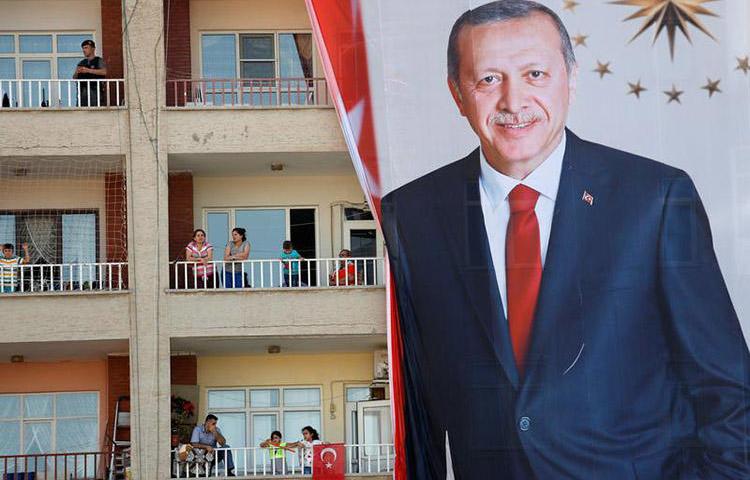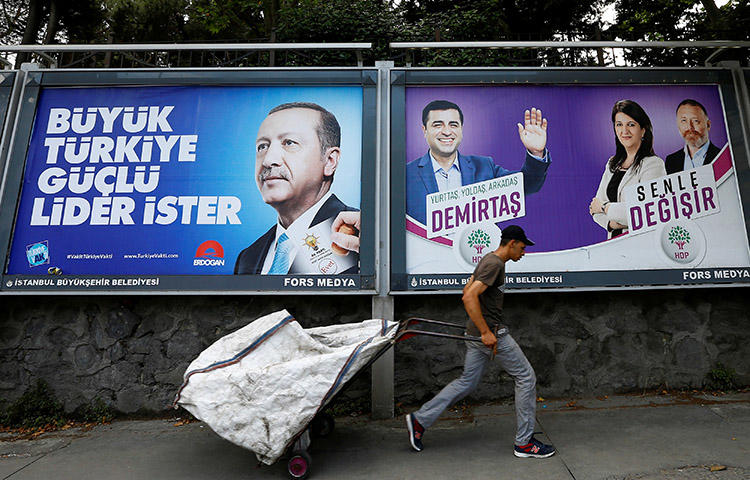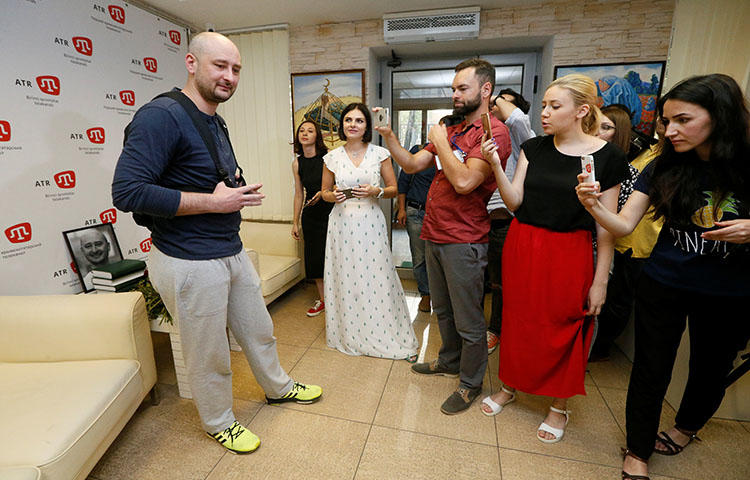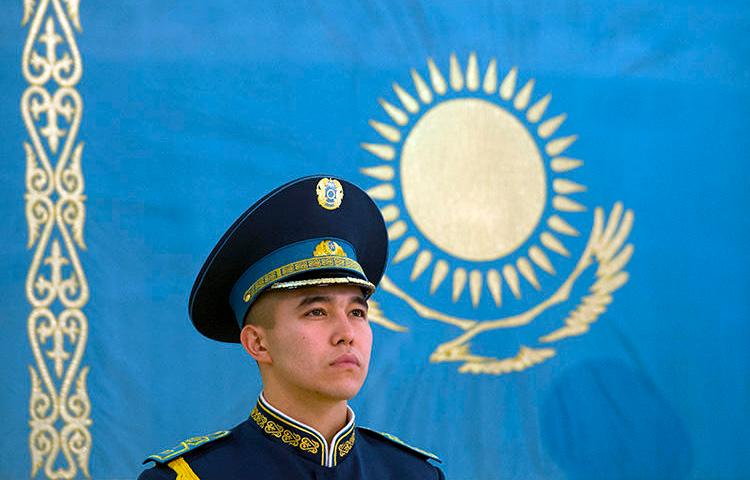
Turkey Crackdown Chronicle: Week of June 17
Ahead of election, OSCE highlights restrictive media environment In a report on Turkey’s elections this month, the Organization for Security and Co-operation in Europe (OSCE) said, “The media landscape is dominated by outlets whose owners are considered affiliated with the government or depend on public contracts.” The report added that Turkey’s constitution “Contains a general…

CPJ calls on Turkey’s presidential candidates to prioritize press freedom
Ahead of June 24 presidential and parliamentary elections in Turkey, the Committee to Protect Journalists today joined 18 other international press freedom and freedom of expression organizations in calling on to the future leader of Turkey to prioritize press freedom and safety of journalists in the country.

Turkey Crackdown Chronicle: Week of June 10
Journalist arrested A court on June 11 ordered Berzan Güneş, a reporter for the pro-Kurdish Mezopotamya news agency, to be arrested pending trial, his employer reported. The indictment accused Güneş of “making propaganda for a [terrorist] organisation” and presented as evidence the journalist’s social media posts, going back to 2014, according to the report. The…

Turkey Crackdown Chronicle: Week of June 4, 2018
Cartoonist arrested for “insulting the president,” paroled Turkish authorities on June 5 released on parole Nuri Kurtcebe, a veteran political cartoonist, who was sent to prison on June 3 after a high court rejected his appeal, according to the daily Evrensel and Kurtcebe’s lawyer, Erdem Akyüz, who spoke to the news website OdaTV.

‘I don’t feel safe now’: Journalists in Ukraine anxious after Babchenko operation
In the week since the Ukrainian security service, the SBU, staged the assassination of Russian journalist Arkady Babchenko, little if any dust stirred up by the elaborate and controversial operation–ostensibly carried out to foil a Russian plot to kill him–has settled.
![The Republic monument in Antalya, Turkey in March 2018. Turkish authorities detained for several hours on May 28 journalist Ali Ergin Demirhan on suspicion that he made "propaganda for a [terrorist] organization," according to reports. (Reuters/Murad Sezer)](https://cpj-preprod.go-vip.net/wp-content/uploads/2018/05/6bb2d89d39b4d7888593db530c31f98d6a6bf6f5.jpg?w=750&h=480&crop=1)
Turkey Crackdown Chronicle: Week of May 28, 2018
Journalist detained Istanbul police on May 28 detained an editor for the leftist news website Sendika, Ali Ergin Demirhan, at the website’s office on suspicion of “making propaganda for a [terrorist] organization,” in relation to the journalist’s work, his employer reported.

The many questions about Arkady Babchenko’s staged murder in Ukraine
Minutes after news broke that prominent Russian journalist Arkady Babchenko had been murdered in Ukraine, social media exploded with messages mourning the loss of a bright, sometimes-too-outspoken journalist. Friends and colleagues wrote moving obituaries, and groups including CPJ condemned the killing. Impromptu memorials in both Kiev and Moscow sprouted, as they all too often do,…

Turkey Crackdown Chronicle: Week of May 21, 2018
Turkey will continue to block Wikipedia During a May 18 press conference, Turkish Transportation, Maritime Affairs, and Communication Minister Ahmet Arslan said that Wikipedia will remain blocked in the country because the website portrays Turkey as a supporter of the Islamic State militant group, the daily Cumhuriyet reported.

CPJ joins calls for Kazakhstan to revise false news law and drop charges against critical media
The Committee to Protect Journalists today joined a coalition of 25 other international press freedom organizations to call on Kazakh authorities to drop criminal defamation cases against media outlets Forbes Kazakhstan and Ratel and revise the law on dissemination of “false information” often used to silence critical media outlets and journalists.

Turkey Crackdown Chronicle: Week of May 14, 2018
Journalists imprisoned Turkish authorities in the western province of Edirne on May 11 transferred Kemal Sancılı, the publisher of the shuttered pro-Kurdish daily Özgür Gündem, to Istanbul’s Silivri Prison, two days after he was detained on suspicion of terrorism-related activities, according to a report from the pro-Kurdish Mezopotamya Agency. —